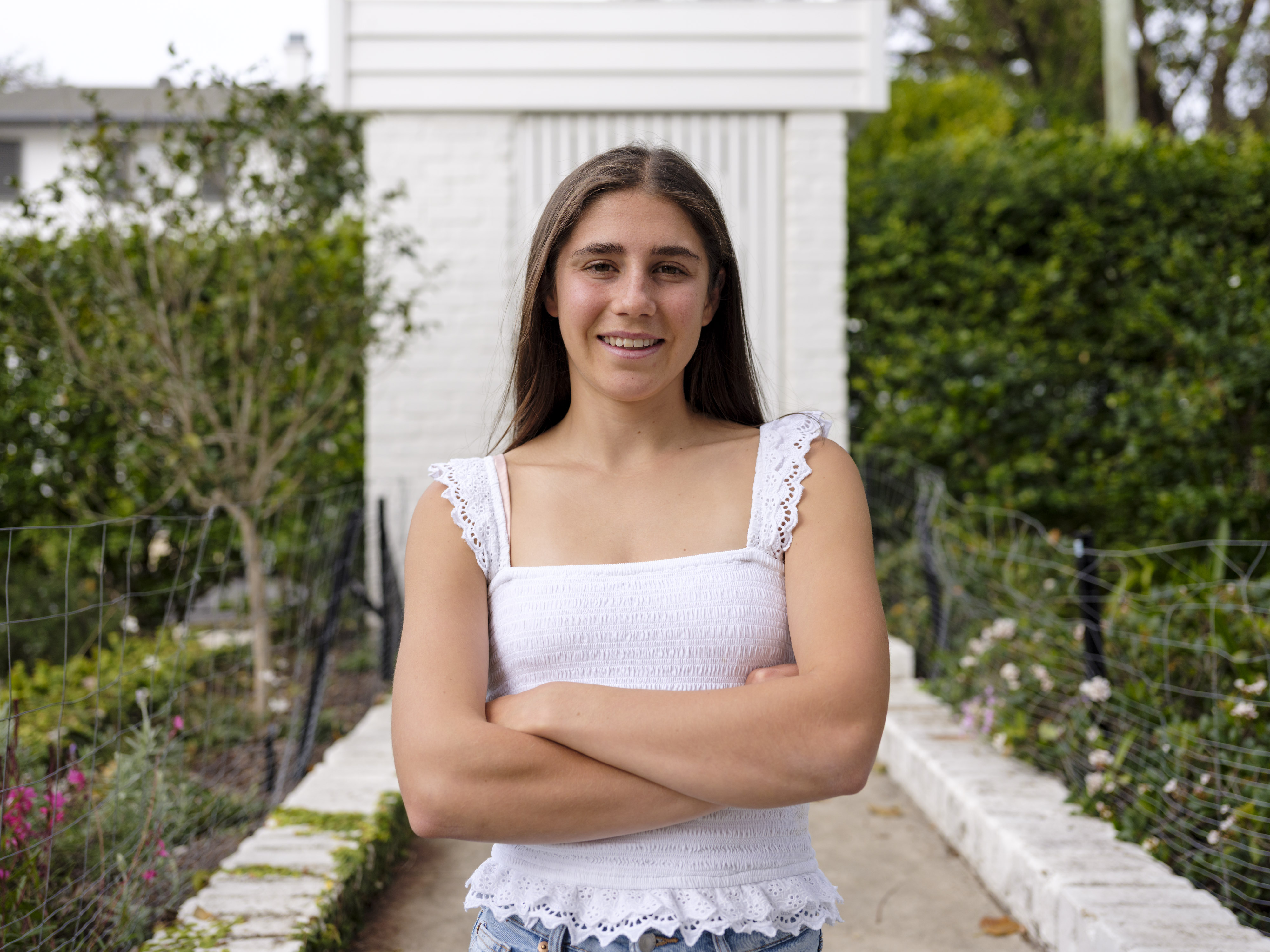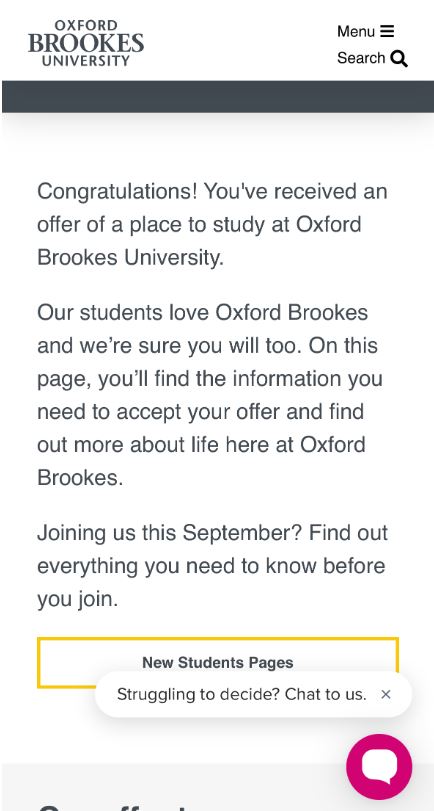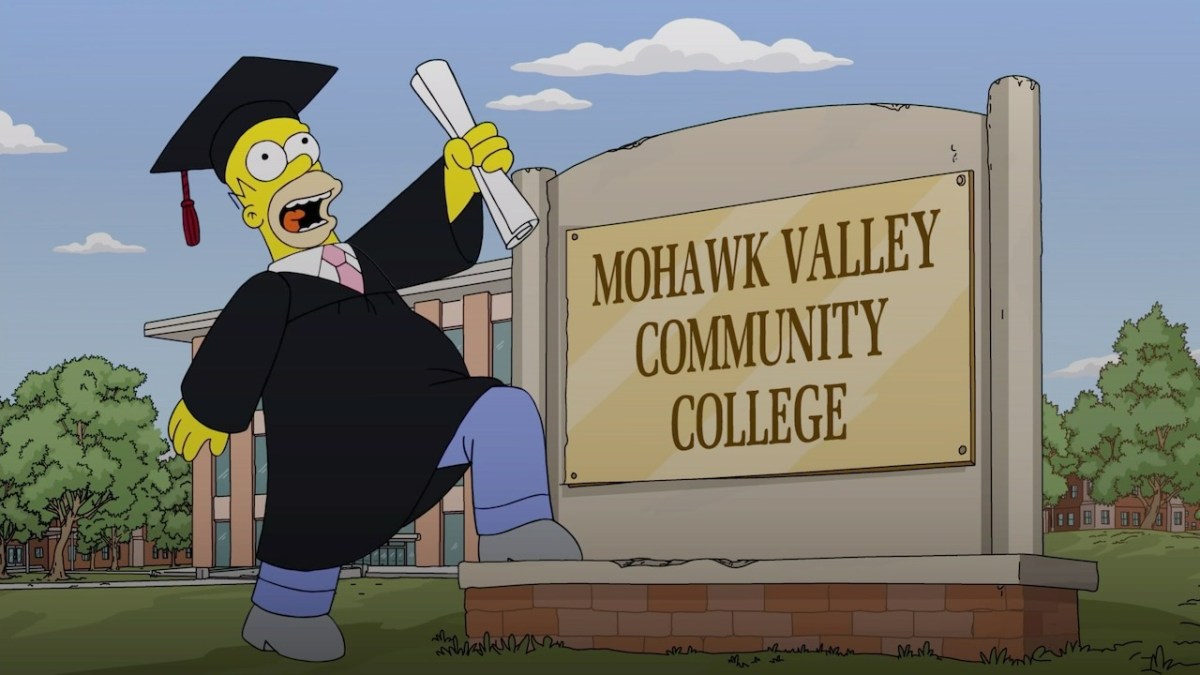In November last year, an email from one of the UK’s most prestigious universities landed in the inbox of a man who does not exist.
Homer Simpson — the character known for drinking beer and eating doughnuts — had been invited to interview at Imperial College London to study an undergraduate degree in earth sciences.
When he failed to show up, the admissions team chased him again, offering to reschedule. I could not help but laugh. Had the top university for research quality in the UK shortlisted and really followed up with a fictional character?
It was the culmination of an experiment I had quietly begun two months earlier.
As a recent graduate, I had seen AI become part of student life. But I wondered whether universities were equipped to spot its use in the one place it is still supposed to be off-limits: the personal statement. So, I decided to put it to the test.
I created an email address for Homer — hjsimpson1956@outlook.com, a nod to his year of birth — and set up a Ucas account. When asked for a home address, I used mine in London. Next came his predicted A-levels — A*s across the board in chemistry, further maths, geology, maths and physics, plus straight 9s at GCSE, except for french.
I listed the London Exam Centre as the place he had sat them, which, as it turned out, had permanently closed that same month. “Homer” applied to five universities: Oxford, Imperial, UCL, Nottingham Trent and Oxford Brookes.
Given his background working at a nuclear power plant, I decided he had to apply for earth sciences — or geography for Oxford Brookes and Nottingham Trent, since they did not offer it.
In less than a minute, ChatGPT produced 4,000 characters of carefully crafted waffle, confidently claiming Homer was fascinated by seismic tomography and geodynamics.
For good measure, it slipped in a reference to an episode from Season 3 of The Simpsons, where Homer eats a doughnut and splatters the filling on the control panel, triggering a nuclear meltdown. I framed it like this: “My time at the plant also taught me the importance of stability in energy production. I recall an incident involving a control panel that resulted in an unexpected shutdown — an educational reminder of the delicate balance required in energy management.”
Acting as his primary referee, I also submitted a reference for him in my role as his tutor. For this, ChatGPT produced a sycophantic response describing Homer as an “outstanding student”.

Kitty Shepherd-Cross recently graduated from a journalism course at City St George’s, University of London
BUZZ GARDINER FOR THE TIMES
I went directly against Ucas’s latest requirement to “declare your application hasn’t been copied from an AI software”, copying and pasting directly from ChatGPT into Homer’s personal statement.
At this stage, I had expected a zero chance of success, as it was not just a ludicrous application — it was red-card cheating.
Nottingham Trent did not respond to the application, later saying it “rigorously reviews” every application. Oxford and UCL did not progress the application after I failed to provide supporting evidence. In October, Oxford Brookes emailed “Homer” requesting proof of his predicted grades, warning the application would be rejected without it. It was formally declined on November 12, 2024.
But then came a surprising string of events. In late November, he received an email from the admissions office at Imperial College London — he had been invited to an interview. When he did not respond, they sent a follow-up twice, offering to reschedule.
A spokesman at Imperial later confirmed that while it could not comment on individual applications, any undergraduate applications received through Ucas are subject to both organisations’ policies and processes.
The spokesman said: “Imperial attracts some of the brightest and most talented students from across the world, and our academic entry requirements, application, selection, and verification processes reflect our focus on quality. Undergraduate applications to Imperial are received through Ucas and subject to both organisations’ policies and processes. Applicants who cannot verify their academic qualifications when requested do not continue through the selection process and cannot become a student at Imperial. Imperial cannot comment on individual applications.”
On December 2, the experiment reached a halt when Ucas confirmed via email that it had suspended the application due to my failure to provide proof of Homer’s grades. The organisation later confirmed that Homer’s shot at becoming a geography student had failed an investigation after being flagged as “potentially fraudulent”.
I thought that was the end of it until May this year.
Oxford Brookes — which climbed into the top 50 of The Sunday Times Good University Guide 2025 — sent Homer a physical letter containing a leaflet with a QR code attached, leading me to a web page congratulating him with the message: “Congratulations, you’ve received an offer to study at Oxford Brookes University.” That’s when the confusion set in: was he about to embark on an undergraduate degree in the upcoming academic year or not?
While Oxford Brookes has since said that my bogus application was received on October 14 last year and was “flagged due to credibility concerns”, and as I was not able to provide evidence of Homer’s qualifications, his application was formally rejected a month later. A spokesman said: “No offer to study at Oxford Brookes was made at any stage.”
So why the letter?

Oxford Brookes sent Homer a physical letter containing a leaflet with a QR code attached, which went to this webpage
Oxford Brookes said the letter Homer later received was “mistakenly included in a printed communication aimed at offer-holders for particular programmes. This was a generic mailout aimed at encouraging offer-holders to find out more about Oxford Brookes”.
The spokesman added: “We are reviewing our marketing procedures to prevent this type of error in future. However, we are confident that all appropriate admissions decisions and credibility checks were made promptly and correctly in this case, and these resulted in the application being rejected.
“Oxford Brookes remains vigilant in the face of evolving technologies, including the use of AI in applications.”
A spokesman for Ucas said: “Ucas operates a dedicated verification team tasked with the prevention and detection of fraud in applications, working in partnership with universities and colleges.
“The applicant in question was flagged as potentially fraudulent in November 2024. Following an investigation, Ucas suspended the application in December. A fake applicant will ultimately have no prospect of progressing because applicant credentials need to be verified, including their identify and their qualifications, by their university or college prior to enrolment.”
Still, the fact that a fictional character with an AI-generated personal statement was ever included in offer-holder communications suggests a weakness at the heart of modern admissions. And this experiment has left me with one question: how well are institutions keeping pace with increasingly sophisticated fakery?
(Additional reporting by Georgia Lambert)
